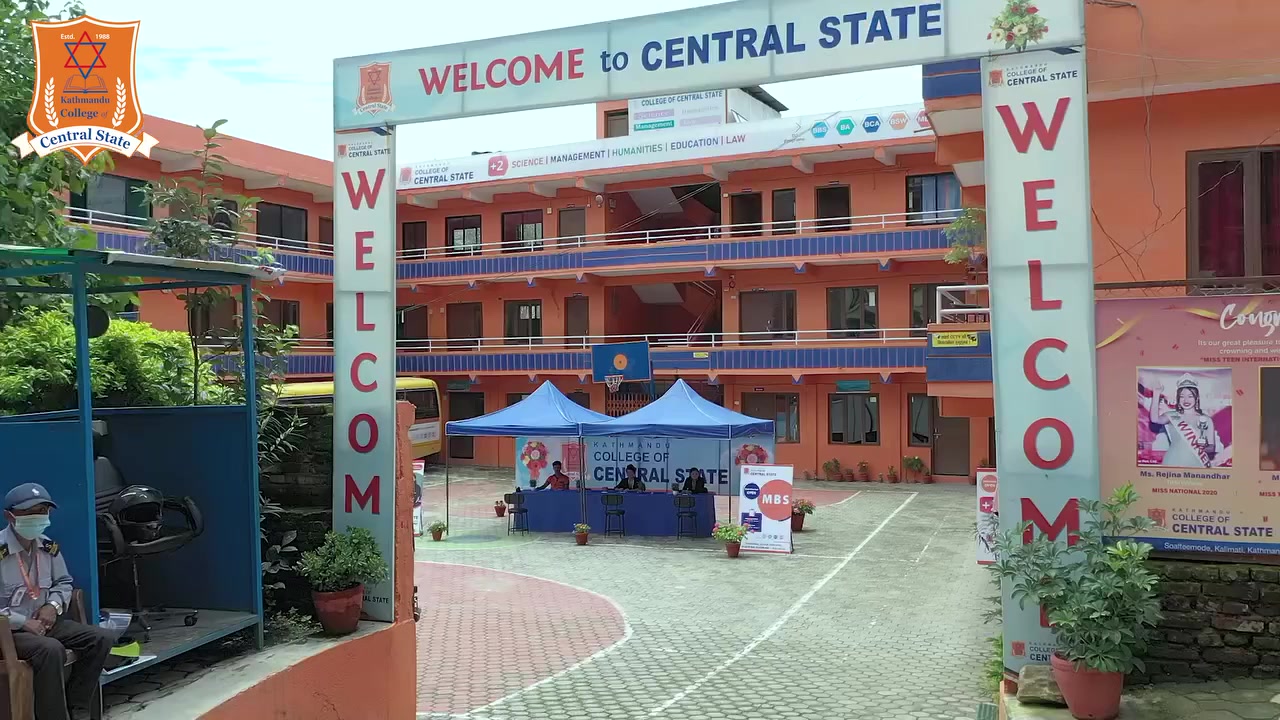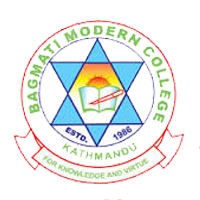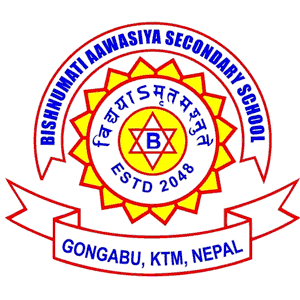Overview
Ten Plus Two (+2) Law at Kathmandu College of Central State
Ten Plus Two (+2) Law at Kathmandu College of Central State (KCCS), Kathmandu, follows the National Examinations Board (NEB) framework for Grade 11 and 12.
You study NEB Law subjects such as Jurisprudence and Legal Theories, Nepalese Legal System, Procedural Law, Constitutional Law, Criminal Law and Justice, and Legal Drafting along with compulsory English, Nepali, and Social Studies & Life Skills.
The stream serves students who want a clear base for LLB and public administration routes while keeping assessments, writing tasks, and practical exposure consistent with national standards.
The department uses a structured timetable that balances theory, document reading, and exercise-based learning. Students handle legal concepts step by step, write short notes in clear language, and practice citation basics that prepare them for university-level law studies.

Highlights
-
Affiliation: National Examinations Board (NEB)
-
Duration: Two academic years (Grade 11 and 12)
-
Core law subjects: Jurisprudence and Legal Theories, Nepalese Legal System, Procedural Law, Constitutional Law, Criminal Law and Justice, Legal Drafting
-
Compulsory subjects: English, Nepali, Social Studies & Life Skills (grade-wise placement)
-
Assessment: Internal tasks and NEB board examinations with written papers and structured writing
Curriculum Details
Grade 11 introduces the foundations. Students read core ideas in Jurisprudence and Legal Theories and learn how different schools of thought shaped modern law. Nepalese Legal System shows how courts, legislation, and precedent work together. Writing tasks include short comparisons, definition notes, and cases summarized in simple language.
Grade 12 moves into applied areas. Procedural Law explains how cases move from filing to decision. Constitutional Law covers structure, rights, and duties in the national context. Criminal Law and Justice outlines elements, burden of proof, and common offenses. Legal Drafting trains you to write petitions, applications, and notices in a standard format.
Compulsory English and Nepali support legal writing by improving grammar, clarity, and summary skills. Social Studies & Life Skills connects law learning to civic responsibility and everyday decisions.
Objectives
-
Build a clear base in legal concepts, institutions, and procedures
-
Develop disciplined writing for definitions, short answers, and essays
-
Strengthen document reading and case summary skills
-
Encourage ethical thinking in classroom scenarios and discussions
-
Prepare students for LLB entry and related bachelor programs
Scope
+2 Law supports entry to LLB (as per university requirements), public administration, social science degrees, and roles that value document accuracy. Students who keep neat records and write precise notes progress faster in university courses and internships.
Learning Outcomes
By the end of Grade 12, students should be able to:
-
Explain key legal terms and theories in simple, correct language
-
Outline the structure of Nepal’s legal system and court hierarchy
-
Describe basic steps in civil and criminal procedure with relevant forms
-
Summarize constitutional features and rights with clear examples
-
Draft short legal texts (applications, notices, simple petitions) using standard layouts
-
Read case extracts and produce one-page briefs that capture facts, issues, and holdings
Skill Development Modules
-
Legal Vocabulary Pack: Weekly terms, examples, and quick quizzes
-
Case Briefing Routine: Facts, issues, rules, application, and conclusion in one page
-
Drafting Practice: Petitions, applications, legal notices, and affidavits in set formats
-
Court Exposure Note: Guided visit or model observation with a short reflection
-
Civic Writing: Letters, RTI requests, and complaint formats for public bodies
-
Presentation Skills: Short oral summaries with a two-slide limit
Teaching Methodology
Teachers begin units with plain explanations and a short list of core terms. Students practice by rewriting complex sentences into clear lines, then apply the idea to a simple case or document. Timed drills build speed without sacrificing accuracy. Internal tests mirror board papers. The department keeps a sample file of model answers so students can check structure and tone.
Admission Requirements
-
Eligibility: SEE or equivalent as per NEB rules for the intake year
-
Stream selection: Seats and subject sections published by the college at admission
-
Documents: SEE mark sheet and certificate, character certificate, photographs, and ID copies as required
Applicants should track the intake notice for session-specific updates on seat numbers and section planning.
Career Opportunities
-
Base for LLB and further legal study
-
Early exposure for roles needing document control, record keeping, and policy reading
-
Foundation for compliance desks in firms and organizations after higher study
-
Useful preparation for competitive exams that test civics and legal awareness
Scholarships and Financial Aid
KCCS announces merit and need-sensitive categories each session under prevailing rules. Many awards expect steady attendance, disciplined behavior, and consistent internal scores. Students submit forms with supporting documents within the stated window.
Why Choose This Course?
You want a structured legal stream that values clear writing and careful reading. You prefer steady practice in drafting and case briefing rather than last-minute preparation. You aim to enter LLB or policy-linked degrees with a firm base in theory and procedure.
Conclusion
Keep a single, indexed law file from day one. Write clean definitions in your own words, then add one example for each key term. Practice one short draft per week. Save corrected answers and model petitions so you can revise quickly before the board exams and future university tests.























